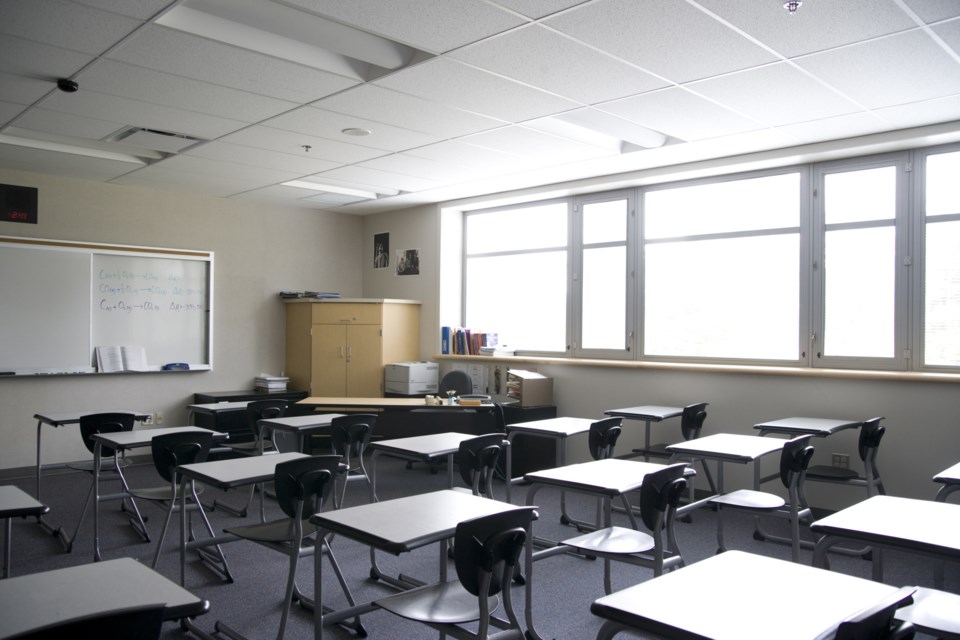With just a month to go before provincial exams, new rules are coming in to play for high school students.
Thursday, B.C. Education Minister Mike Bernier introduced the changes that will tie in with a new Grade 10 to 12 curriculum being introduced starting in September.
The changes, likely to take days before they are completely understood but affecting Grade 10, 11 and 12 students, will mean fewer provincial exams for high school students and more emphasis on career education.
The current five exams will be replaced with two provincial math skills and literacy exams in graduation years while science, social studies and language arts will be assessed in the classroom, according to a press release from the Ministry of Education.
Teachers, for the most part, are supportive of the change.
The BC Teachers' Federation stated in a press release that it has advocated for many years to see Grade 10 and 11 exams eliminated but belives more resources are needed to support the curriculum changes.
Meanwhile, the future of report cards is up for debate. Parents will be consulted from June to October on what they want to know about their child's progress and how this should affect report cards.
As well, starting in the 2017/’18 school year, students will take a career education course instead of the current graduation transitions program.
To see how these changes affect your high school student, visit https://curriculum.gov.bc.ca/graduation-info.
The grad years curriculum changes are part of a wider set of changes starting with kindergarten.
Among these is a focus on teaching "core competencies," such as thinking, communicating and social skills, and more subject-specific "curricular competencies." The idea is for educators to teach strategies such as researching, analyzing, synthesizing and communicating in various ways so students can do something with what they learn.
For example, in Grade 2 Language Arts, students won't just be expected to learn to write, they will also need to be able to "comprehend and connect, create and communicate using oral, written, visual, and digital texts."
Overall, while much of the curriculum content is the same, what's different is how it is being taught, with teachers having more flexibility, and students having more say in what they want to explore.



